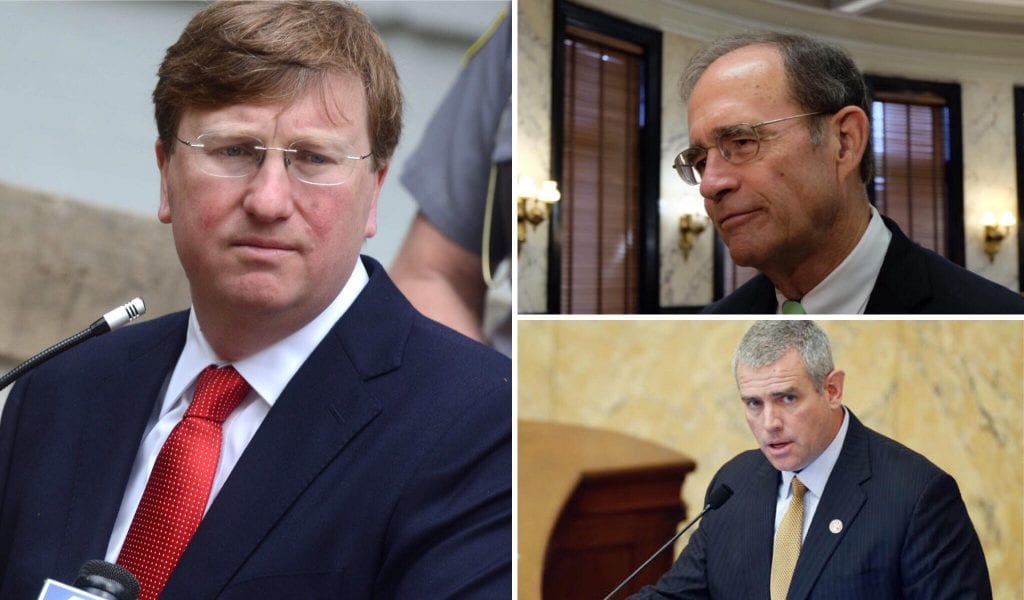
NFIB Director says elimination of income tax could help alleviate pressures on small businesses.
The National Federation of Independent Businesses (NFIB) reported that their most recent Small Business Index showed increased interest in the elimination of Mississippi’s individual income tax.
The January 2023 index was down six points from last month with 26% of owners reporting that inflation was still the single most important problem they are facing. Some are optimistic that conditions will improve over the next six months.
NFIB State Director Dawn McVea said an elimination of the income tax would continue to ease the strain of inflation on small businesses.
“Small business owners here and across the country remain wary about the direction of the economy,” McVea said. “Inflation, supply chain issues, and difficulties in filling positions are making it hard for Main Street businesses to get back to where they were before the pandemic began almost three years ago. Most small businesses, though, are organized as pass-through entities, meaning owners pay taxes at the individual rather than the corporate rate. Eliminating the state income tax would give local businesses a much-needed economic shot in the arm and help them fully and finally recover.”
The Mississippi House of Representatives, under the leadership of Speaker Philip Gunn (R), moved to completely eliminate the income tax in the 2022 session. After a back and forth between the two chambers, a compromise was reached to eliminate the 4% bracket by 2023 and step down the 5% bracket over a period of years with triggers in place to ensure that the state’s revenue was not greatly impacted.
The move, which touted as the largest tax cut in Mississippi history, is estimated to provide tax relief of $525 million per year by 2026.
Governor Tate Reeves (R) has gone on record since then saying he hopes the Legislature will continue to provide income tax relief and has urged its elimination in the 2023 session. These same goals have been echoed by Speaker Gunn.
“To build the best possible environment for entrepreneurs, to combat President Biden’s runaway inflation, to compete with the likes of Florida, Tennessee and Texas, to continue making it easier for Mississippians to support their families, we must eliminate Mississippi’s income tax,” Reeves said recently in his State of the State address this.

The 2022 legislation was not the first to change the landscape of income tax. In 2016, while now Governor Reeves served as Lieutenant Governor, the Legislature passed Senate Bill 2858, which began to phase out the state’s corporate franchise tax and cut individual income taxes by $145 million. This raised the base taxed income to $10,000. Those changes began in 2018.
Since 2019, the per capita personal income has been raised by $7,000, or 18 percent.
“We are boosting the money that Mississippi families are bringing home – especially right now, as we combat rising inflation from wasteful spending in Washington, D.C,” said Reeves.
Lt. Governor Delbert Hosemann said he hopes to continue returning monies to taxpayers.
“We had a great start last year lowering rates and reducing the income tax by more than $500 million, the state’s largest tax cut ever. We look forward to continuing to find ways to have taxpayers keep their money,” said Hosemann.
Another key finding of the NFIB report revealed that 45% of business owners said they had job openings that were still difficult to fill, which was up 4% from December, remaining historically high. Also, the net percent of owners raising prices did decrease one point to 42%, adjusted seasonally, and the net percent of owners who expect real sales to be higher worsened four points to a net negative 14%.
Industry shortages were reported most frequently in wholesale (14%), retail (13%), manufacturing (11%), and finance (10%).
NFIB notes that most businesses are not reporting positive profit trends. Owners reporting lower profit trends blamed weaker sales, rise in the cost of materials, usual seasonal changes, labor costs, lower profits and higher taxes or regulatory costs.
So far this legislative session, no solid plan for an income tax elimination has been offered in the House or Senate. Lawmakers face a February 22nd deadline for first action on appropriations bills.











